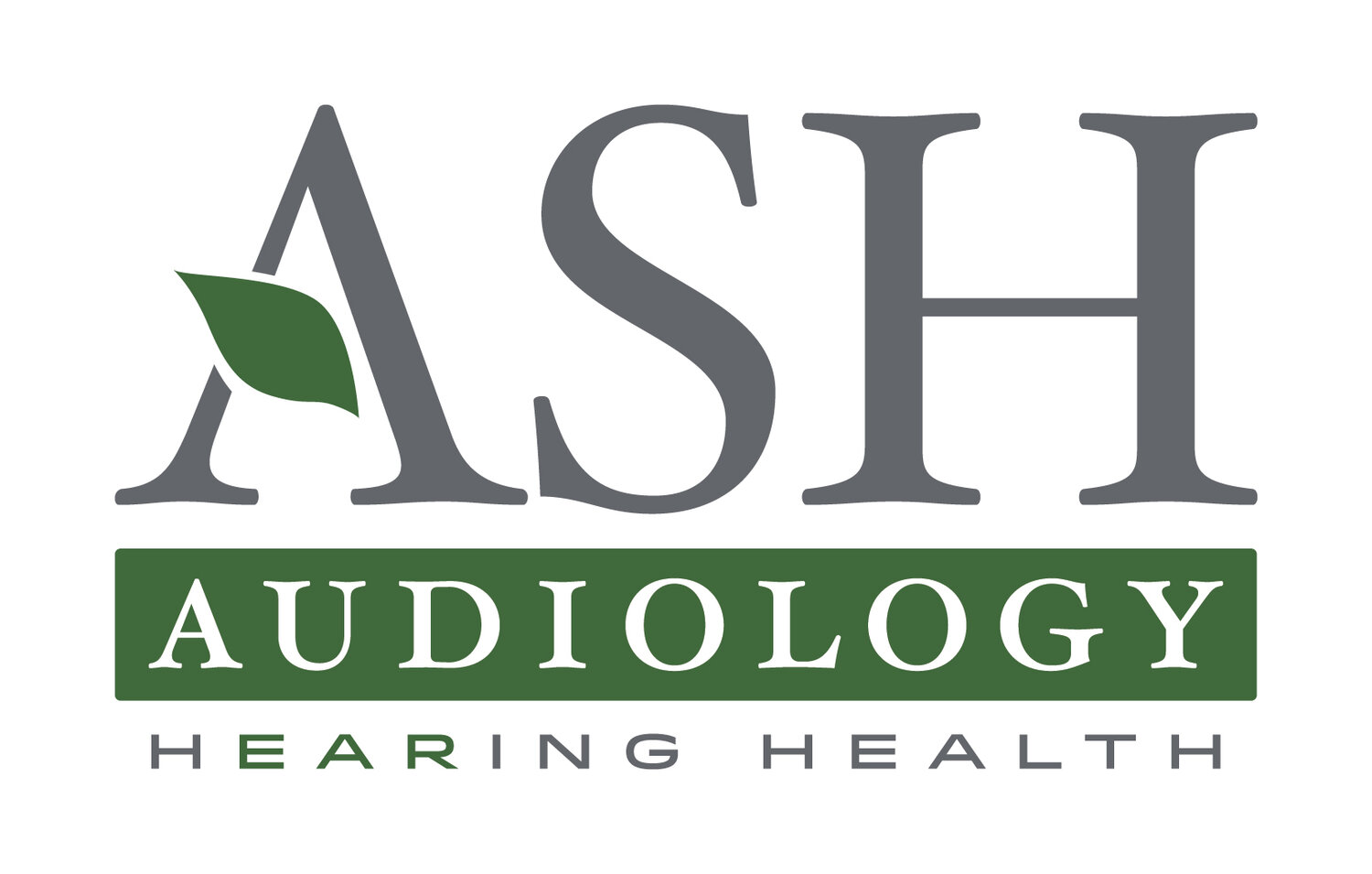Answering Common Questions About Hearing: Your Guide to Better Understanding
Hearing is an essential sense that connects us to the world, allowing us to communicate, enjoy music, and engage in daily activities. However, many people have questions about hearing health, hearing loss, and the tools available to help. We’ll address some common questions to help you navigate the world of hearing.
1. What Are the Signs of Hearing Loss?
Hearing loss can be gradual, and its signs may not always be obvious. Here are some common indicators:
Difficulty Following Conversations: Struggling to understand speech, especially in noisy environments.
Frequently Asking for Repeats: Regularly asking people to repeat themselves or speak louder.
Turning Up the Volume: Increasing the volume on the TV or radio more than others around you.
Feeling Overwhelmed in Crowds: Finding it hard to engage in conversations when multiple people are speaking.
If you notice these signs, consider getting a hearing evaluation. Contact us for more information.
2. How Can I Protect My Hearing?
Preventing hearing loss is crucial, especially in a noisy world. Here are some tips:
Limit Exposure to Loud Noises: Use earplugs or noise-canceling headphones in loud environments.
Take Listening Breaks: Give your ears regular breaks if you’re in a noisy setting.
Maintain Volume Levels: Keep the volume at a safe level when using headphones or earbuds—generally, no more than 60% of the maximum volume for 60 minutes.
3. What Causes Hearing Loss?
Hearing loss can result from various factors, including:
Aging: Presbycusis, or age-related hearing loss, is common as we age.
Noise Exposure: Prolonged exposure to loud sounds can damage the hair cells in the inner ear.
Genetics: Family history can play a significant role in your risk of hearing loss.
Medical Conditions: Certain illnesses, medications, and injuries can affect hearing.
Understanding these causes can help you take preventive measures. Learn more about how different medical conditions can impact your hearing and how best to protect your ears from loud sounds.
4. When Should I See an Audiologist?
It’s essential to consult an audiologist if you experience any of the following:
Sudden hearing loss.
Hearing loss only in one ear.
Persistent ringing in the ears (tinnitus).
Difficulty hearing in everyday situations.
Regular hearing evaluations are also recommended, especially as you age or if you have a family history of hearing loss. Here’s more detail on what you can expect during your hearing evaluation at ASH Audiology.
5. What Are Hearing Aids and How Do They Work?
Hearing aids are small electronic devices that amplify sound. They typically consist of:
Microphone: Captures sound from the environment.
Amplifier: Increases the volume of the sound.
Speaker: Delivers the amplified sound into the ear.
Modern hearing aids come with various features, including Bluetooth connectivity, noise reduction, and customizable settings, making them more effective and user-friendly.
6. Can I Use Hearing Aids for Mild Hearing Loss?
Absolutely! Hearing aids can be beneficial for all degrees of hearing loss, including mild. Many people find that even slight amplification can significantly improve their communication and overall quality of life.
7. How Can I Make My Hearing Aids More Effective?
To ensure your hearing aids work optimally:
Keep Them Clean: Regularly clean your devices to prevent wax buildup. This is what we recommend. And our audiologists at ASH Audiology are always happy to help.
Follow Up with Your Audiologist: Schedule routine check-ups to make necessary adjustments.
Use Accessories: Explore accessories that can enhance sound quality, such as external remote microphones or TV streamers.
8. What Should I Expect During a Hearing Test?
A hearing test typically involves:
Medical History Review: Discussing your hearing concerns and any relevant medical history.
Otoscopy: Looking in your ears to ensure they’re healthy and not occluded with earwax.
Pure Tone Audiometry: Listening to sounds at different frequencies to determine your hearing ability.
Speech Recognition Tests: Assessing how well you can understand speech at various volume levels.
These tests help us identify the type and degree of hearing loss you may have.
Conclusion
Understanding your hearing health is crucial for maintaining a high quality of life. By being aware of common questions and concerns, you can take proactive steps toward better hearing. If you have more questions or think you may have hearing loss, don’t hesitate to reach out to us. Remember, it’s never too late to prioritize your hearing health!
